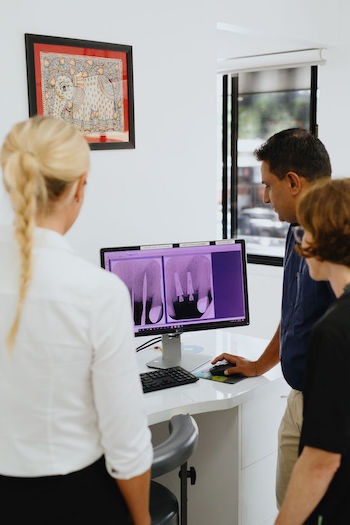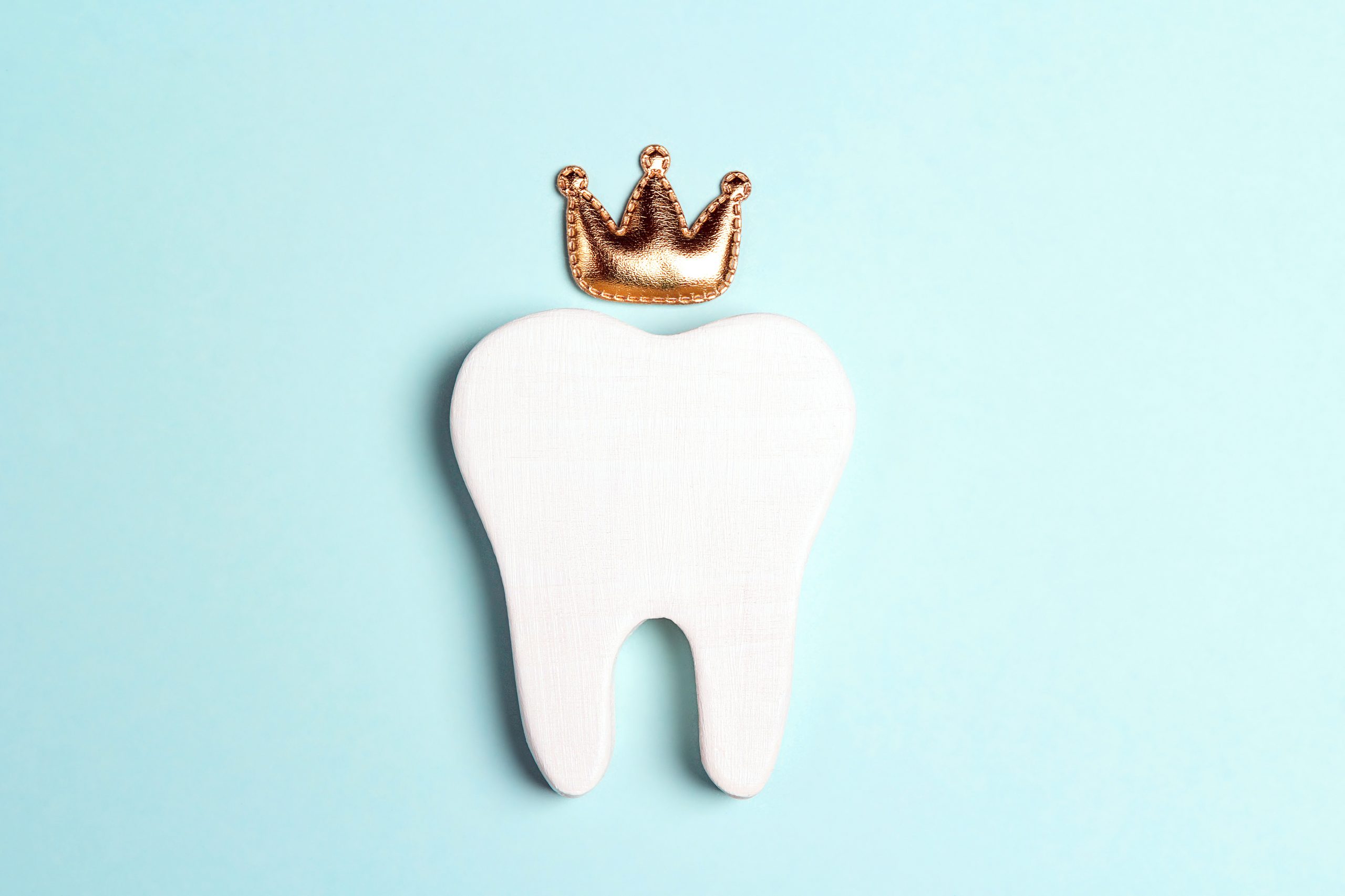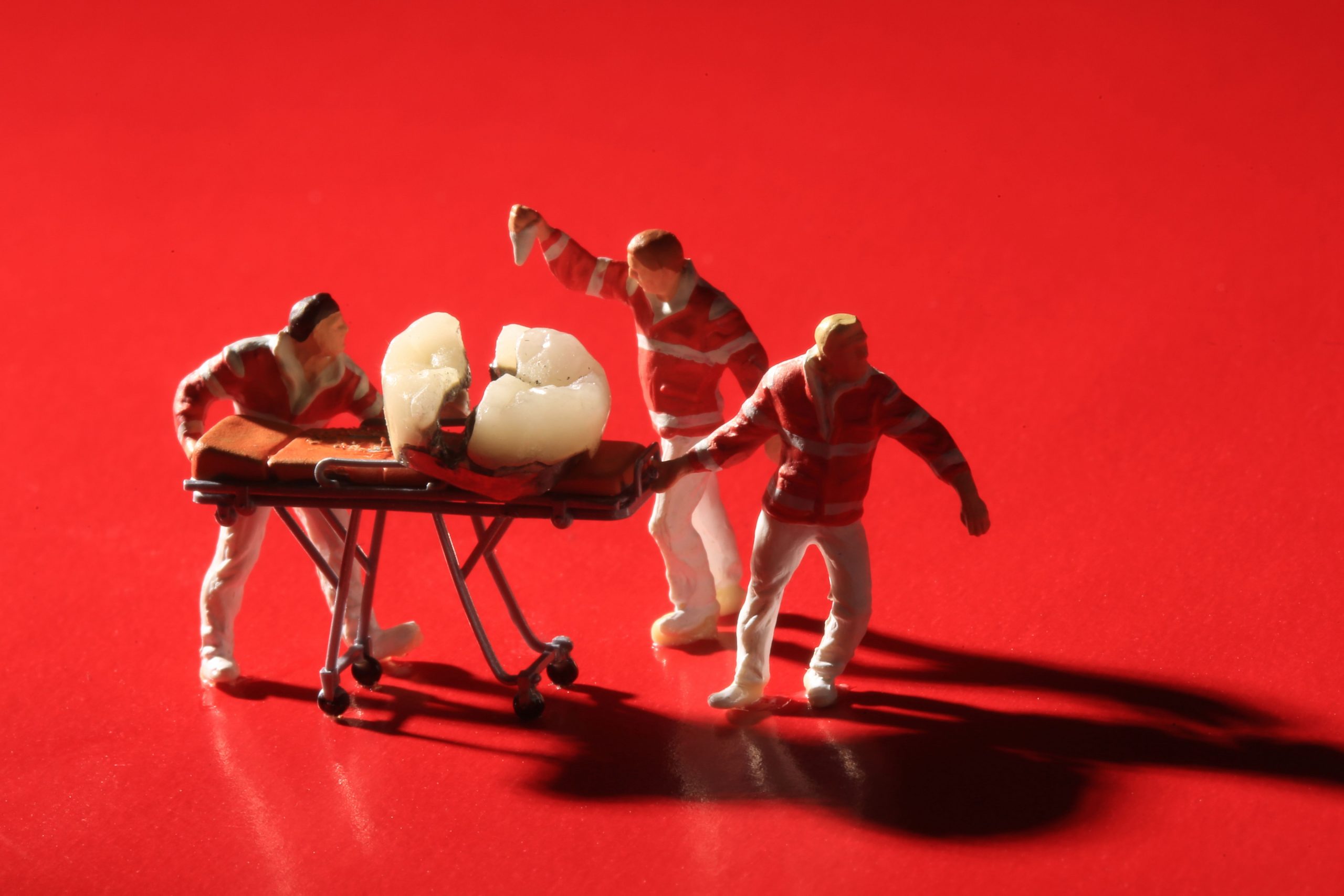How do I know Cairns Dental Boutique is the best place for my dental treatment?
Getting dental treatment is a big decision, and it’s important to do your research and make sure you’re getting the best quality, success and value for your money.
Cairns Dental Boutique stands out in two very distinct ways: We only use high quality materials, such as titanium support bars, and our doctors focus on one thing—excellent dental care. We also believe that our dedication to our patients is why so many people have chosen Cairns Dental Boutique.
Dental Treatment is often very expensive, does Cairns Dental Boutique offer any payment plans?
Cairns Dental Boutique offers excellent dental care at the most reasonable costs and thanks to precise technology and our complete treatment solutions, the cost of dental care is much less than it was even a few years ago. However, many of our patients still need financing options to help pay for the procedure. During your consultation, our clinicians can explore strategies that fit your budget. Together, we’ll explore options available. We also do accept third party payments such as Afterpay and Zip Pay.
Is my dental treatment going to be painful?
At Cairns Dental Boutique, we do everything we can to make you as comfortable as possible. We understand that some patients put dentists right up there next to snakes and spiders when it comes to the things we fear most but be assured that you are in safe hands and we will take keep you at ease and total comfort throughout your treatment and visit.
We do have several options including Nitrous Oxide Sedation (links to Nitrous Oxide page) to help you feel relaxed and comfortable during your treatment. Most surgery is carried out with simple, safe, local analgesia. Afterwards, most of our patients report that they experienced far less pain than anticipated
I haven’t been to the dentist in a long time and my teeth are in a really bad shape. I feel embarrassed to go to the dentist, what do I do?
In our experience, most people feel so embarrassed to go to the dentists and do not want to be judged or lectured.
“Please don’t be embarrassed about going to get help. I say this on here all the time. Dentists are nearly always “doers” by nature. We don’t really care how things got to where they are, we just start trying to work out how to “fix” things” Dr Roy.
At, Cairns Dental Boutique, our dentists are experienced in treating patients with complex needs, dental anxieties and also patients with dental treatment failures and complications. The best way to find out and start your journey to stronger teeth and better oral health is for you to visit us for a consultation.











